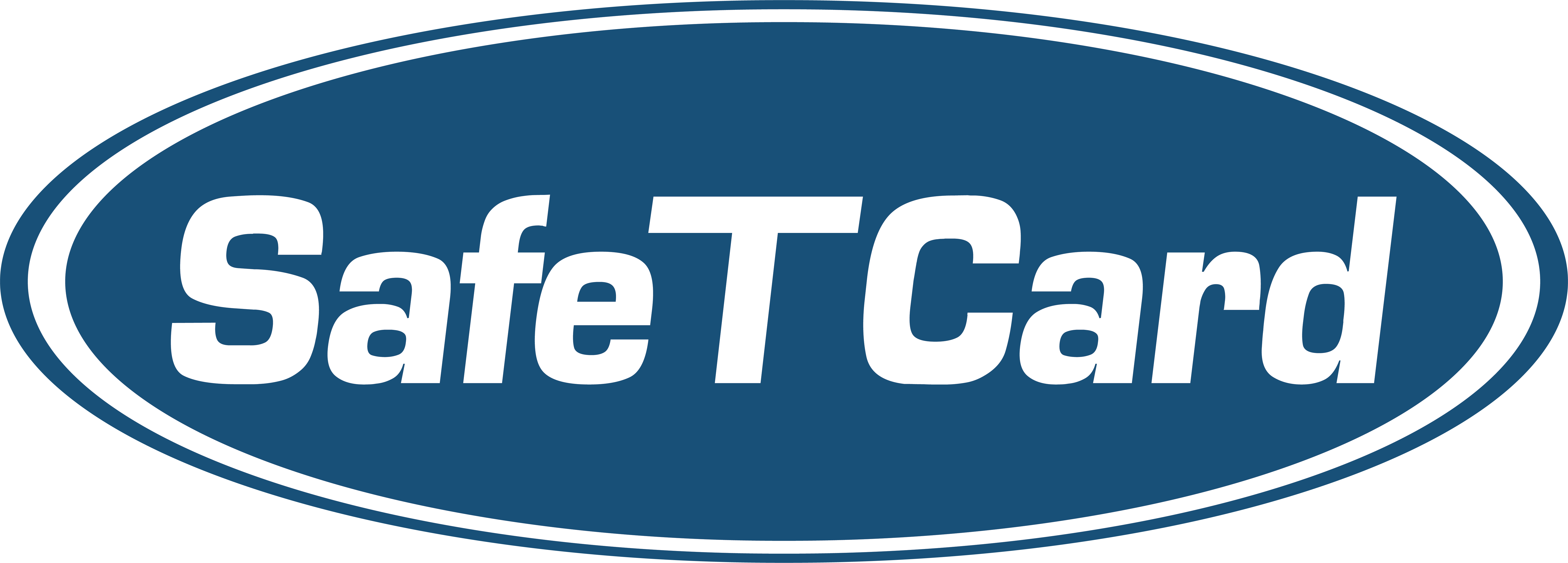Protecting lone workers in the Australian Capital Territory (ACT) is a crucial responsibility for employers, guided by specific legislative requirements. SafeTCard offers advanced safety solutions to help businesses comply with these laws and ensure the well-being of their employees.
ACT Work Health and Safety Legislation
The Work Health and Safety Act 2011 and the WHS Regulation 2011 are the primary legislative frameworks that govern workplace safety in the ACT. These laws require employers to provide a safe working environment for all employees, including those working alone. Key components include:
- Duty of care: Employers must ensure the health and safety of their employees, implementing necessary measures to protect lone workers.
- Risk management: Employers are required to conduct regular and thorough risk assessments to identify potential hazards that lone workers may face and take appropriate steps to mitigate these risks.
- Monitoring and communication: Effective systems must be in place to monitor lone workers and maintain communication, ensuring their safety and quick response in emergencies.
—————————
Work Health and Safety Act 2011
Division 2.2
Primary duty of care
19 Primary duty of care
(1) A person conducting a business or under taking must ensure, so far as is reasonably practicable, the health and safety of—
(a) workers engaged, or caused to be engaged, by the person; and
(b) workers whose activities in carrying outwork are influenced or directed by the person, while the workers are at work in the business or undertaking.
(2) A person conducting a business or under taking must ensure, so far as is reasonably practicable, that the health and safety of other persons is not put at risk from work carried out as part of the conduct of the business or undertaking.
(3) Without limiting subsections (1) and (2), a person conducting a business or undertaking must ensure, so far as is reasonably practicable—
(a) the provision and maintenance of a work environment without risks to health and safety; and
(b) the provision and maintenance of safe plant and structures; and
(c) the provision and maintenance of safe systems of work; and the safe use, handling, storage and transport of plant, structures and substances; and
(e) the provision of adequate facilities for the welfare at work of workers in carrying outwork for the business or under taking, including ensuring access to those facilities; and
(f) the provision of any information, training, instruction or supervision that is necessary to protect all persons from risks to their health and safety arising from work carried out as part of the conduct of the business or undertaking; and
(g) that the health of workers and the conditions at the workplace are monitored for the purpose of preventing illness or injury of workers arising from the conduct of the business or undertaking.
Work Health and Safety Regulation 2011
Division 3.2.6
Remote or isolated work
48 Remote or isolated work – Act, s19
(1) A person conducting a business or undertaking must manage risks to the health and safety of a worker associated with remote or isolated work, in accordance with part3.1 (Managing risks to health and safety).
(2) In minimising risks to the health and safety of a worker associated with remote or isolated work, a person conducting a business or undertaking must provide a system of work that includes effective communication with the worker.
Maximum penalty:
(a) in the case of an individual—$6 000; or
(b) in the case of a body corporate—$30 000.
(Note Strict liability applies to each physical element of each offence under this regulation, unless otherwise stated).
(3) In this section:
assistance includes rescue, medical assistance and the attendance of emergency services workers.
remote or isolated work, in relation to a worker, means work that is isolated from the assistance of other persons because of location, time or the nature of the work.
WHSOLA Act 2024: Enhancing lone worker safety
In March 2024, significant updates were made to the Work Health and Safety (WHS) regulations, specifically targeting the safety of lone workers. The Work Health and Safety and Other Legislation Amendment Act 2024 (WHSOLA Act) introduces several key changes including:
- Prohibition on insurance for WHS penalties: Ensures that businesses cannot use insurance to cover fines related to work health and safety penalties, enhancing the deterrent effect of monetary penalties.
- Enhanced worker representation: Strengthens the role of Health and Safety Representatives (HSRs) and clarifies the rights and responsibilities of WHS entry permit holders.
- Updated compliance requirements: Introduces stricter guidelines for risk management and incident reporting. Employers must maintain comprehensive records of safety measures and incidents, implement effective risk management strategies, and regularly review and update their safety protocols.
These changes have now been incorporated into ACT legislation and include:
* Workplace Legislation Amendment Act 2024 (‘Amendment Act’)
- The Amendment Act adopts nationally agreed increases to work health and safety (‘WHS’) penalty amounts and strengthens criminal liability provisions for WHS breaches from 19 August 2024.
- The Amendment Act expands the ACT’s portable long service leave scheme to accommodation, food, hairdressing and beauty services from 1 April 2025.
* Work Health and Safety (Workplace Exposure Standards) Declaration 2024 (No 1)
- From 1 October 2024 the workplace exposure standard for welding fumes will be reduced to 1mg/m³ as an eight-hour Time Weighted Average (TWA). Importantly, businesses must continue to meet all work health and safety duties, including levels of compliance set out in the code of practice for welding processes which remains in force and is unamended.
- Work health and safety (WHS) ministers have nationally agreed to new Workplace Exposure Limits (‘WEL’) which will replace the Workplace exposure standards for airborne contaminants (WES) from 1 December 2026. WHS ministers agreed to rename the WES as Workplace exposure limits (WEL) to make it clear that these are a limit that should not be exceeded.
- You can find more information about the changes to exposure limits here.
* Dangerous Goods (Road Transport) Regulation 2010
- The Regulation has been amended in line with the Australian Dangerous Goods code edition 7.8, to incorporate all reforms made to the current edition in accordance with the Inter-Governmental Agreement for Regulatory and Operational Reform in Road, Rail and Intermodal Transport (IGA).
Specific requirements for lone workers
Employers in the ACT must take proactive steps to manage the risks associated with lone working:
- Identify risks: Conduct comprehensive assessments to identify specific risks lone workers might encounter, such as isolation, lack of immediate assistance, or exposure to hazardous conditions.
- Implement control measures: Establish and enforce procedures and safety measures to control identified risks, including the use of personal safety devices and regular check-ins.
- Provide training: Ensure lone workers are adequately trained to handle emergency situations and use safety equipment effectively.
Read more:
- Lone worker safety in the Northern Territory
- Protecting lone workers in Victoria
- Ensuring Compliant Lone Worker Safety in Western Australia
How SafeTCard solutions align with ACT legislation
SafeTCard provides advanced safety solutions designed to meet and exceed the legislative requirements in the ACT, ensuring your business remains compliant while offering robust protection for your lone workers.
- Detailed risk assessments: SafeTCard’s devices and systems facilitate thorough risk assessments, helping you identify and address potential hazards.
- Real-time monitoring upon activation: Our GPS-enabled devices ensure that the location of lone workers is always known, allowing for quick responses in emergencies.
- Emergency alerts: SafeTCard’s solutions include emergency alert systems that enable lone workers to call for help instantly, ensuring timely assistance.
Benefits of using SafeTCard
- Compliance: SafeTCard’s solutions help businesses comply with the ACT’s WHS laws, avoiding potential fines and legal issues.
- Enhanced safety: With real-time monitoring and immediate alert capabilities, SafeTCard significantly improves the safety of lone workers.
- Peace of mind: Employers and employees alike can have peace of mind knowing that SafeTCard provides robust protection and support.
Taking the next step
To ensure your business complies with the ACT’s lone worker safety legislation and effectively protects your employees, consider integrating SafeTCard’s comprehensive safety solutions. Our team of experts is ready to assist you in selecting and implementing the right products to meet your needs.
For more information and to explore our range of safety solutions, contact us today. Together, we can create a safer working environment for all lone workers.




